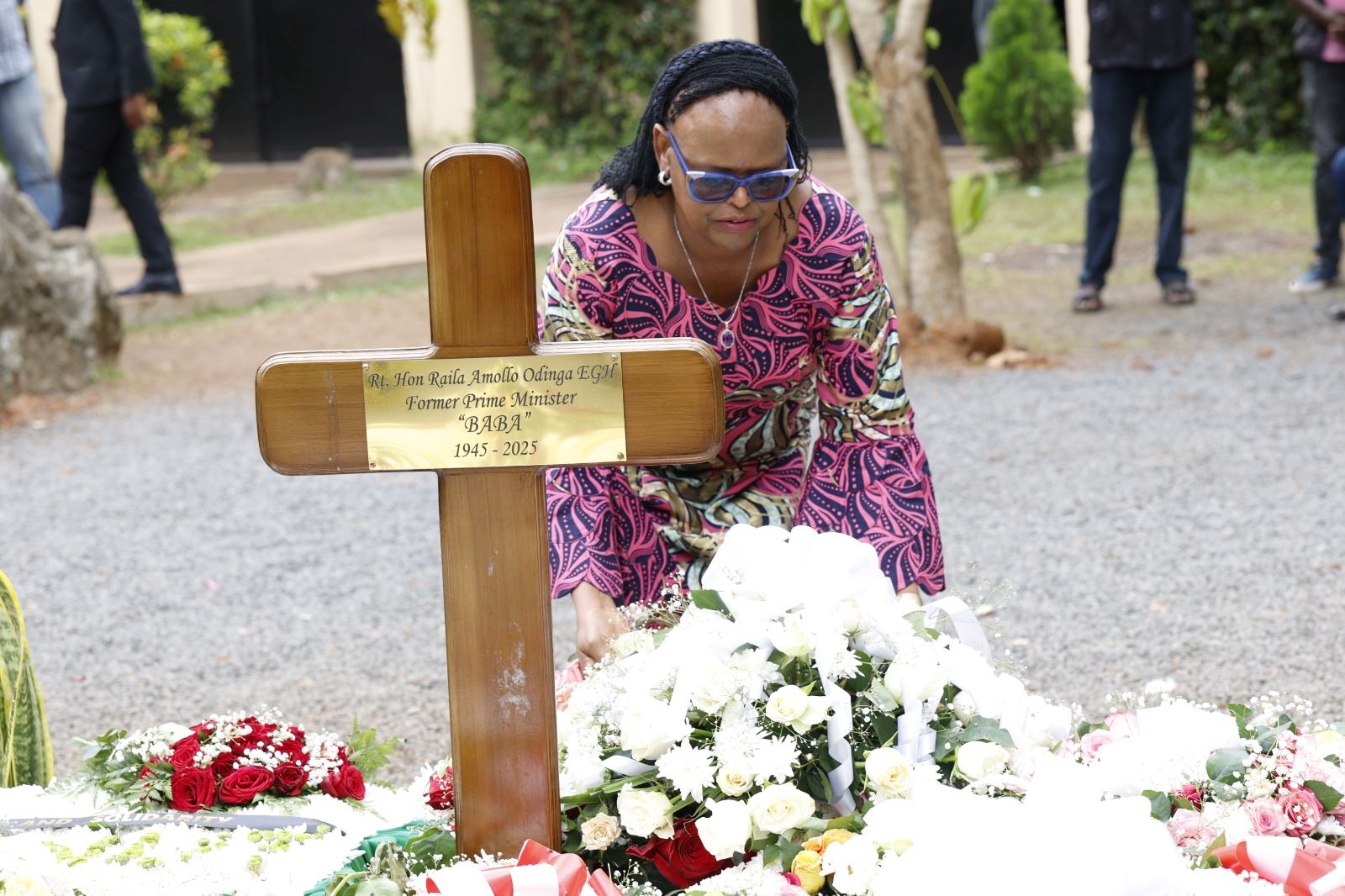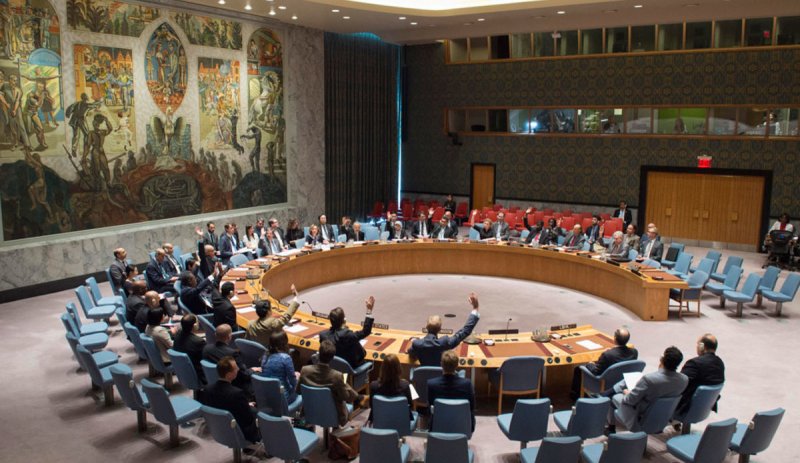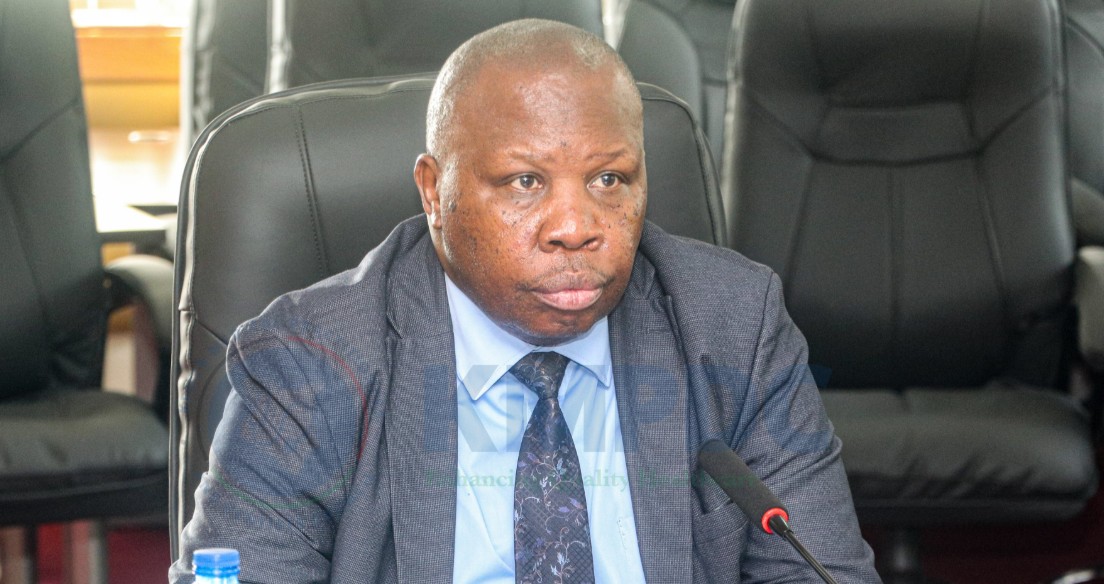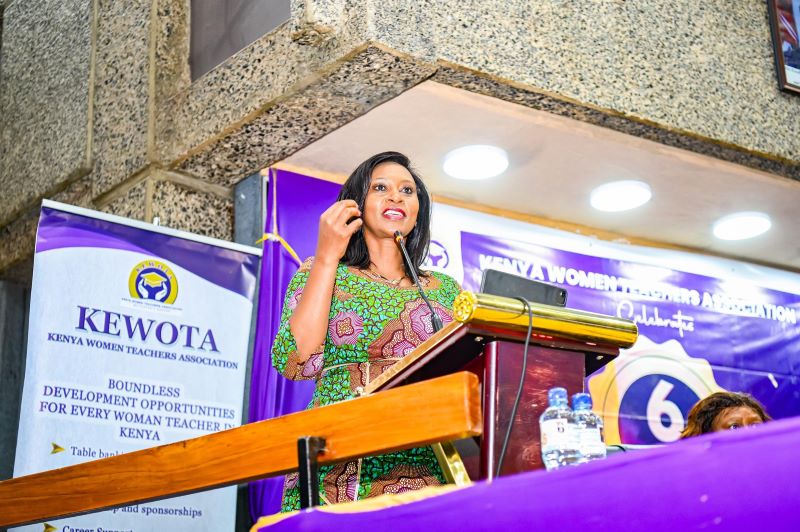Attorney General defends new university funding model as fair and effective
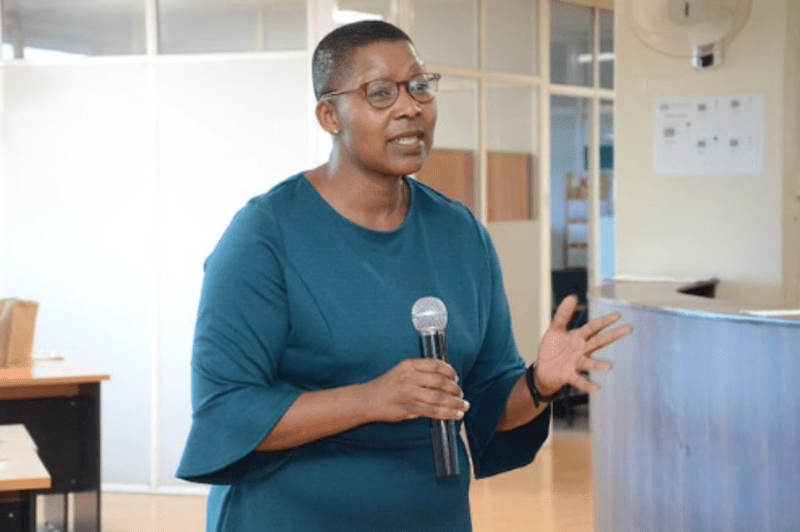
Oduor noted that the model avoids a uniform funding approach that provides equal support to all students.
The Kenyan government is standing firm on its new higher education funding model, asserting that the previous system was ineffective and did not account for the costs of postgraduate courses.
In submissions to the High Court, Attorney General Dorcas Oduor stated that the challenges faced under the old system prompted the creation of the Variable Scholarship and Loan Funding Model.
More To Read
- Tertiary students ineligible for NYOTA programme, PS Susan Mang’eni clarifies
- Universities can turn AI from threat to opportunity by teaching critical thinking
- MPs slam university leaders over audit hearing preparedness
- New Bill proposes Sh5 million fine for false wealth declarations in State appointments
- HELB: Former students owe Sh32 billion in unpaid loans, 64,000 blacklisted
- Senators demand reopening of HELB portal to allow more students to apply
According to Oduor, the new model is designed to assist vulnerable and needy students who were previously disadvantaged.
"The first and second respondents (Education Cabinet Secretary and the AG) cannot be faulted for establishing the Variable Scholarship and Loan Funding Model, which essentially seeks to ensure that students, especially those from extremely vulnerable and needy backgrounds attain education and hopefully their great potentials through the necessary government funding," she said
However, the model has faced significant opposition from groups such as the Kenya Human Rights Commission (KHRC), Elimu Bora Working Group, and the Students' Caucus.
These organisations argue that the new funding model shifts the responsibility of providing education from the state to parents, many of whom are financially challenged.
They contend that there is a lack of clarity in the selection of universities and vocational training courses, leading to delays in funding for eligible students due to insufficient guidance from the Kenya Universities and Colleges Central Placement Services (KUCCPS).
In defence of the new system, the government insists that it promotes the right to education and ensures the sustainability of financing for tertiary education.
The Attorney General noted that the model avoids a uniform funding approach that provides equal support to all students, including those whose education is fully funded by their families.
The Ministry of Education maintained in court that the funding model is not discriminatory and does not undermine equal treatment for students.
The Higher Education Loans Board (HELB) and The Trustees of Universities Fund Kenya backed the new approach, citing public participation before its implementation.
The court heard that a Cabinet memo was issued to facilitate access to scholarships and loans for students and that this directive has been acted upon.
Before launching the model, the Presidential Working Party on Education Reforms gathered and analysed data from various stakeholders, including members of the diaspora.
Oduor said the new system aligns with constitutional and statutory frameworks governing university funding.
"The model enhances the effectiveness of the Universities Fund by ensuring money is allocated based on the differentiated unit cost, which is designed to promote transparency," she stated.
Despite the government's assurances, the opposing groups raised concerns about the criteria used to qualify students for government support, arguing that identifying which students are vulnerable or needy is complicated.
They also noted that new students are facing issues related to registration, accommodation, and medical security during the transition to university.
Top Stories Today


